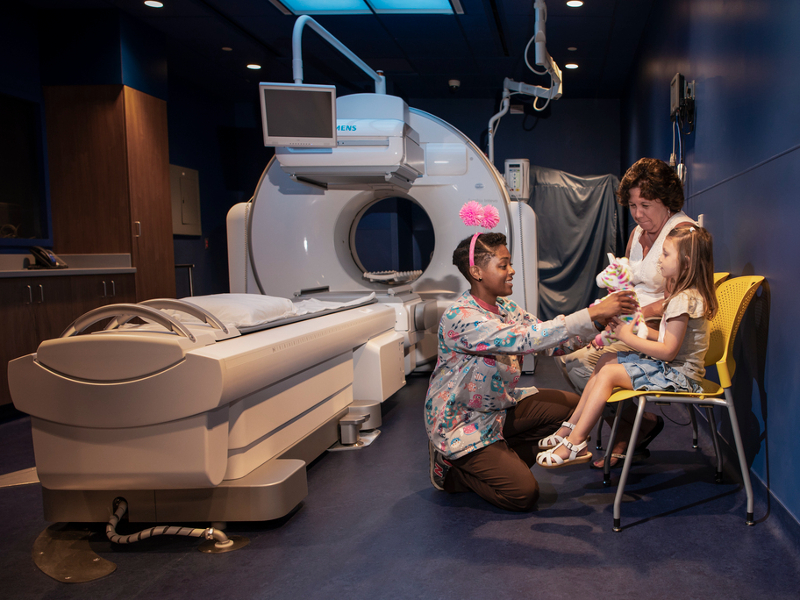Treatment
Pediatric Radiofrequency Ablation
Radiofrequency ablation (RFA) is a procedure in which a radiologist inserts probes into lesions, usually tumors of the bone, to heat and destroy the tissue in that region.

Schedule an Appointment
Our pediatric specialists provide personalized care for your child’s physical, mental and emotional health needs. Meet the providers who treat radiofrequency ablation and schedule an appointment today.
Frequently Asked Questions
How is a radiofrequency ablation performed in children?
Will my child be awake for the radiofrequency ablation procedure?
How long will a radiofrequency ablation procedure in children take?
Will my child have pain during or after the radiofrequency ablation procedure?
What are the risks of radiofrequency ablation in children?
How do my child and I prepare for the radiofrequency ablation procedure?
When will my child be able to go home after the radiofrequency ablation procedure?
When can I remove the bandage after my child's radiofrequency ablation procedure?
When can my child bathe after a radiofrequency ablation procedure?
Are there any activity restrictions after a radiofrequency ablation procedure?
Contact Children's National Hospital immediately if your child experiences any of the following after a radiofrequency ablation procedure:
Departments that Offer Radiofrequency Ablation

Interventional Radiology
Children's National interventional radiologists perform a full range of minimally invasive, image-guided procedures to both diagnose and treat disease in infants, children and adolescents. Learn more about how we help children in our care.

Help Kids and Make a Difference
Invest in future cures for some of life's most devastating diseases. Give today to help more children grow up stronger.







